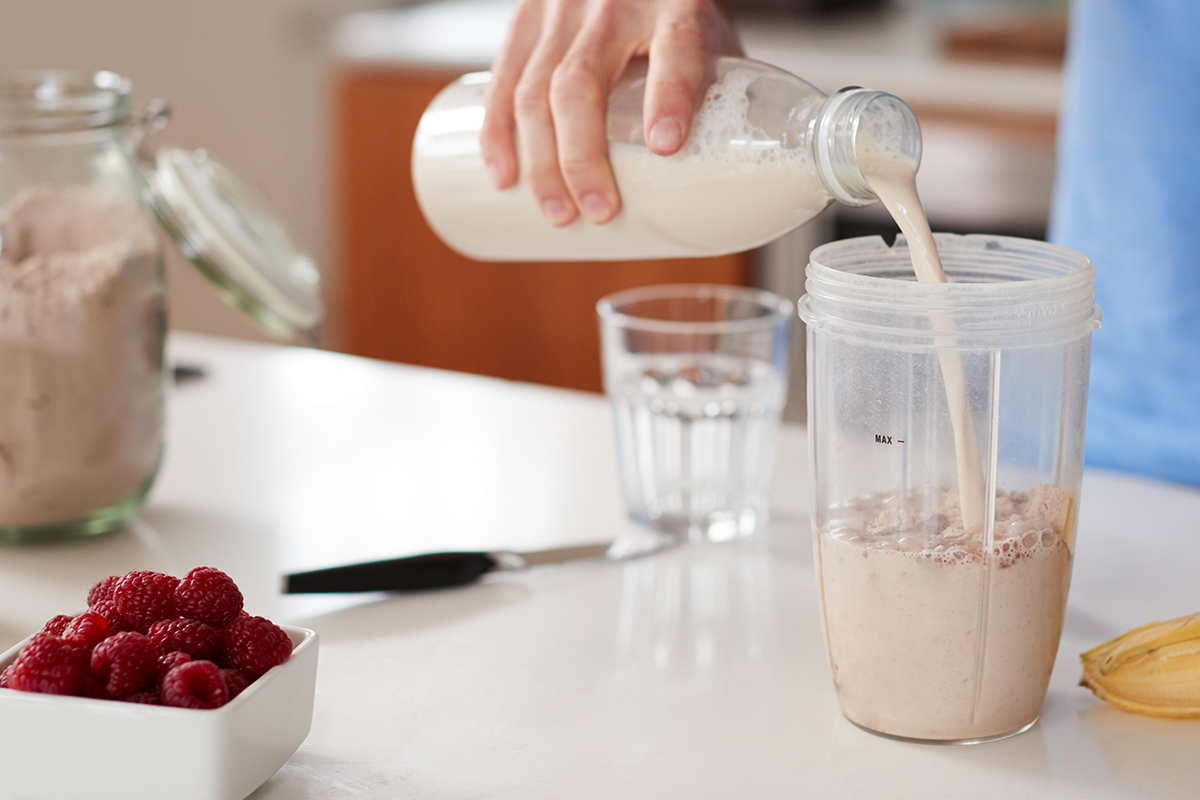
Question:
I have a question concerning organic food. Is organic food worth the extra cost? And what organic foods should you try to consume (i.e. fruits, chicken, meat, vegetables, etc.)
– O. Akanbi

Answer:
Organic food (grown without pesticides, herbicides, synthetic fertilizers, hormones/antibiotics or gene splicing) is worth the extra cost for the foods you eat regularly if you are concerned with long-term health implications from traditional farming, but I would recommend to focus your funds. If you’re immediately targeting a heart-healthy diet after a recent cardiovascular event, spend the money on specialty items for that right now (like salmon instead of regular ground beef). Condiments and obscure items that you rarely touch won’t pose as much threat as your daily fare, so they can be last on your list.
My priority for organic shopping:
First, make sure you’re able to afford an overall healthy diet with vast array of fresh foods including ample produce, sufficient dairy and raw meats/poultry/fish. Those tend to be most expensive. Although finished vegetarian products are costly, dry beans are a cheap ingredient and can be incorporated into many meals. There’s no sense in buying organic if it means you’ll give up nutrient-rich foods elsewhere.
Second, choose organic for the produce you eat the most of, especially produce that’s on the pesticide “dirty dozen” list from the Environmental Working Group. For 2017, produce with most pesticide residue were identified as strawberries, spinach, nectarines, apples, peaches, pears, cherries, grapes, celery, tomatoes, sweet bell peppers, and potatoes. You can save by purchasing conventional sweet corn, avocado, pineapple, cabbage, onion, papaya, asparagus, mango, eggplant, honeydew, kiwi, cantaloupe, cauliflower and grapefruit, deemed “the clean fifteen.”
Next, as your budget allows, look at staple items like wheat and rice, as well as your protein sources. The difference may be tiny for vitamins and minerals, but organically grown wheat and animals raised organically may develop more robust defenses against environmental stressors. That could mean they pass super antioxidants and other beneficial compounds on to you.
Lastly, organic soda and sweets? Consider whether you should even be buying them at all.
– Debbie J., MS, RD
This article should not replace any exercise program or restrictions, any dietary supplements or restrictions, or any other medical recommendations from your primary care physician. Before starting any exercise program or diet, make sure it is approved by your doctor.
Some questions have been edited for length and/or clarity.
Ask our Dietitian
 Have a nutrition question? Our registered dietitian is ready to help!
Have a nutrition question? Our registered dietitian is ready to help!
Email nutrition@lafitness.com or submit your question below and it may be featured in an upcoming article!
Recommended Reading - Q+A
Nutritious Green Foods You Didn’t Know About
Good nutrition is all about variety! Browse through our list of unusual fruits and veggies and give yourself a chance to try something new.
Salt Grains for Muscle Gains?
Does liberally salting your food help you pump more iron in the gym? Registered Dietitian, Debbie James, investigates the claims!
How Much Protein Does Your Body Need?
One frequently asked question is about the recommended intake of protein. We hear you! Here is everything you need to know.



